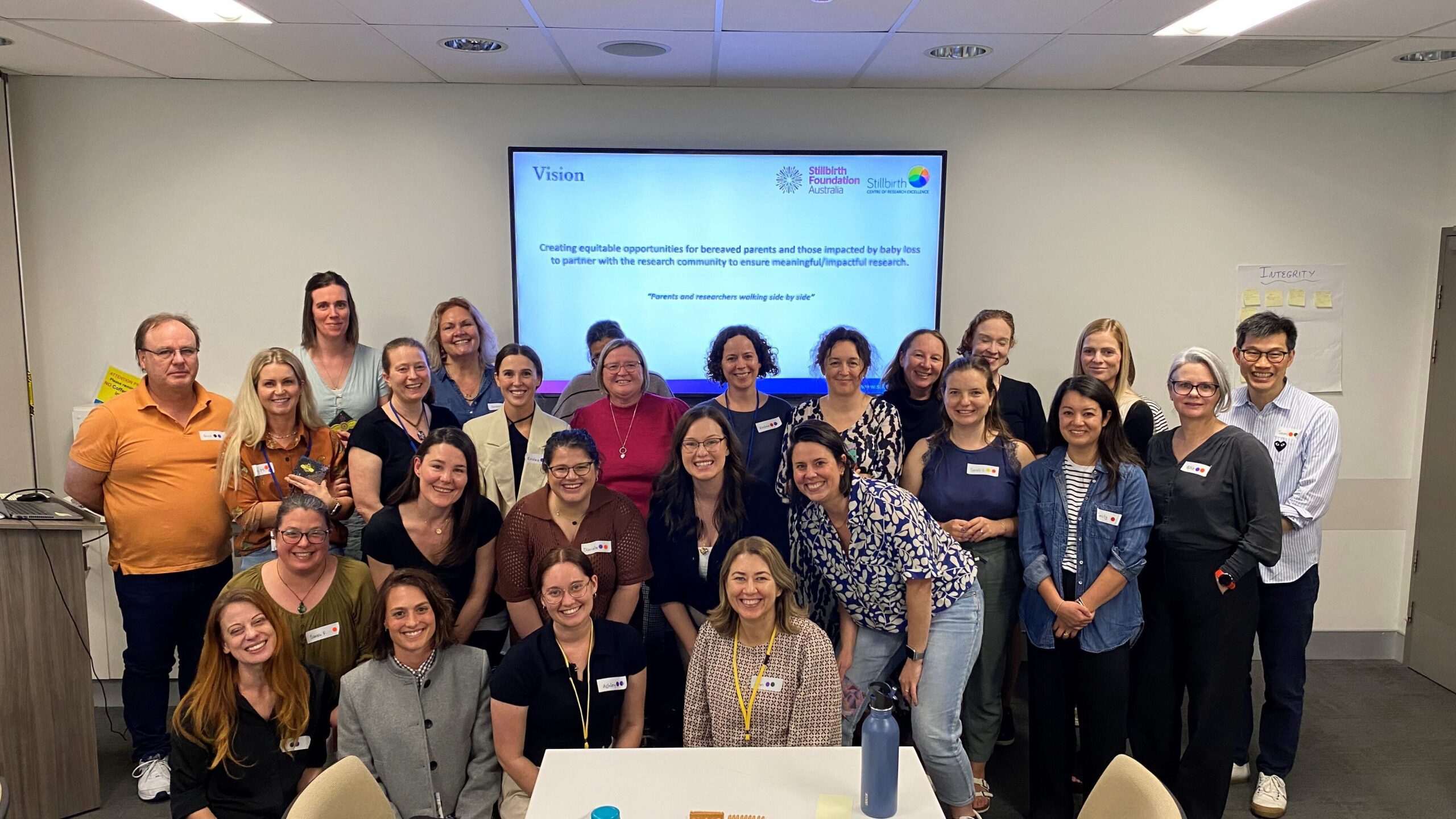About Us
Researchers + Clinicians
Parents
Inclusivity and collaboration are at the heart of the Stillbirth CRE. As part of our commitment to reducing stillbirths and improving outcomes for families, we welcome collaboration to achieve shared goals.
We are committed to ensuring that the voices of parents who have experienced the tragedy of stillbirth are heard. Effective and meaningful parent engagement is facilitated through our Research Involvement Registry and partnerships with other parent support and advocacy organisations such as Stillbirth Foundation Australia, Bears of Hope, Red Nose, WHA, Pink Elephants and others.
We welcome collaboration with those researchers and organisations who are committed to the overarching objectives and values of the Stillbirth CRE.
Benefits of aligning a project with the Stillbirth CRE include:
Our Shared Understanding for Collaboration Report outlines how we work together. Read our report if you would like to collaborate with us or contact us if you are interested in finding out more.
There are many ways that parents can become involved in the Stillbirth CRE. This includes joining our annual conference and other events, participating in working and advisory groups, or contributing to a research study.
The Stillbirth CRE conducts a wide range of research projects every year. There are opportunities for families who have experienced stillbirth, pregnant women, maternity health workers and others to become involved in many of these projects.
Every research project is governed by its own ethics, project teams and research requirements, depending on the nature of the research. By taking part in research projects, you can join us in better understanding the causes of stillbirth, helping prevent future stillbirths and improve care after stillbirth for others.
Opportunities to be involved in stillbirth research projects are communicated through our Research Involvement newsletter as they arise. Learn more about Getting Involved in Stillbirth Research or join the Research Involvement Registry to be notified of upcoming opportunities.
“Parents & Researchers walking side by side”
The Bereaved Parent Advocacy Committee was established in April 2024, consisting of ~15 bereaved parents from the Research Involvement Registry across Australia and original members of Project Engage. The committee’s vision is to create equitable opportunities for bereaved parents (and those impacted by baby loss) to partner with the research community to ensure meaningful research.
The dedicated committee meets monthly to share their lived experience perspectives, discuss bereaved parent involvement in research and provide advice to the Stillbirth CRE on advocacy and awareness strategies. They are currently co-designing a sustainable framework with a goal to improve outcomes for bereaved families by enhancing stillbirth research quality and translation, enabling equal research partnership, creating structural change and using a living evidence approach.
This committee exists in honour of all the babies gone too soon with the hopes that our voices contribute to less families enduring the devastation of stillbirth in future.

A partner organisation of the Stillbirth CRE is actively engaged in the development and/or conduct of Stillbirth CRE-endorsed initiatives through in-kind or financial support to help meet our goals.
If your organisation would like to become a Stillbirth CRE partner or collaborator please review our Shared Understanding for Collaboration and contact us.
The Perinatal Society of Australia and New Zealand (PSANZ)
PSANZ is a multidisciplinary society dedicated to improving the health and long term outcomes for mothers and their babies. PSANZ encompasses and strongly encourages research focused on mothers and babies during pregnancy and at birth as well as the health of the newborn as its development continues after birth.
Stillbirth Foundation Australia
The Stillbirth Foundation Australia was established in 2005 to raise funds to reduce the incidence and impact of stillbirth through research, education and advocacy.
Australian College of Midwives (ACM)
The Australian College of Midwives is the voice of midwives in Australia, representing midwives and speaking up on their behalf. They educate, advocate and support the industry and its professionals.
Women’s Healthcare Australasia (WHA)
WHA is a non-profit community of maternity and women’s healthcare services who are committed to excellence in care for women and newborns. More than 100 maternity services participate, including tertiary women’s hospitals, metropolitan maternity units, regional and rural hospitals.
Red Nose is a national charity working to save little lives and support families impacted by the death of a baby or child.
Sands is a volunteer-based organisation providing individualised care from one bereaved parent to another, giving them support and hope for the future, following the death of a baby. In November 2020, Sands merged operations with Red Nose Australia.
The Raising Children Network, is a website for all Australian parents and carers that provides up-to-date, evidence-based, scientifically validated information about raising children and caring for yourself as a parent or carer. Content is produced based on the most recent research by over 200 top Australian and international experts. Raising Children Network operates as a not-for-profit company funded by the Australian Government.
Bears of Hope is an Australian registered not-for-profit organisation managed solely by a dedicated team of bereaved parents. Bear of Hope exists to improve the facilitation of the healing journey for families experiencing a loss.
Remembering Riley is a community group that raises awareness, funds and support for stillbirth prevention. It honours Riley Elliott who was born asleep on 2nd November 2012.
National Perinatal Epidemiology and Statistics Unit (NPESU)
The NPESU is a joint unit of the Centre for Big Data Research in Health (CBDRH) and the School of Women’s and Children’s Health (SWCH) at the University of New South Wales, Sydney (UNSW). It was established in 1979 and continues to be a leading source of statistical and epidemiological research in reproductive medicine, pregnancy, childbirth, and the health and care of newborns.
International Stillbirth Alliance (ISA)
The ISA is a membership organisation uniting bereaved parents and other family members, health professionals and researchers to drive global change for the prevention of stillbirth and neonatal death and bereavement support for all those affected.
The Royal Australian and New Zealand College of Obstetricians and Gynaecologists (RANZCOG)
RANZCOG is a not-for-profit organisation dedicated to the establishment of high standards of practice in obstetrics and gynaecology and women’s health. The College trains and accredits doctors throughout Australia and New Zealand in the specialties of obstetrics and gynaecology and supports research into women’s health.
The Royal Australian College of General Practitioners (RACGP)
The Royal Australian College of General Practitioners (RACGP) is Australia’s largest professional general practice organisation and represents urban and rural general practitioners.
Australian College of Rural and Remote Medicine (ACRRM)
The Australian College of Rural and Remote Medicine (ACRRM) is the only College in Australia dedicated to rural and remote medicine and is accredited by the Australian Medical Council (AMC) for setting professional medical standards for training, assessment, certification and continuing professional development in the specialty of general practice.
Murdoch Children’s Research Institute
Murdoch Children’s Research Institute (MCRI) is the largest child health research institute in Australia and one of the top three worldwide for research quality and impact.
Multicultural Centre for Women’s Health (MCWH)
Multicultural Centre for Women’s Health (MCWH) is a community-based, not-for-profit organisation led by and for women from migrant and refugee backgrounds. We increase migrant and refugee women’s opportunities for health and wellbeing in Australia through education, advocacy and leadership.
The Perinatal Loss Centre (TPLC) aims to improve the care of women and couples experiencing miscarriage, medical termination, stillbirth, newborn loss and infant loss, and educate health professionals in best practice bereavement care to support women and couples who experience the loss of their babies. Health professional education includes the online training program Perinatal Loss in Practice: What Hospital Staff Need to Know, a skills-based course for Midwives, Nurses, Obstetricians, Neonatologists or anyone who works on the ‘front line’ supporting bereaved parents following a perinatal loss. This online course is delivered by Eliza Strauss, Bereavement Midwife and Bereavement Care Consultant, The Perinatal Loss Centre. Course hosted by COPE (Centre of Perinatal Excellence). Access to course here: www.theperinatallosscentre.com.au/online-training

Level 3, Aubigny Place
Mater Research Institute
Raymond Terrace,
South Brisbane QLD 4101
The University of Queensland Faculty of Medicine